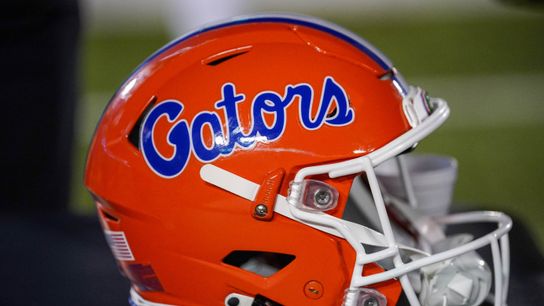California's passing of the Fair Pay to Play Act in 2019 sparked a number of copy cats, and for a while it seemed like you couldn't take a breath without another state getting in on the action. We covered the movement in the early stages, until it felt like our audience tapped us on the arm, saying, "We get the point."
Several months later, 34 of our nation's 50 states have now introduced legislation similar to California.
As you can see in the map below provided by StudentPlayer.com, name, image and likeness rights for college athletes is an issue with proven bipartisan support. Deep-blue California was the first to adopt the issue -- and remains the only state to ratify its bill into law -- but they've since been followed by Alabama, Mississippi, Louisiana and Oklahoma, states so red they might as well be crimson.
That tracks with the movement we've seen in Washington, where Congressmen have walked down both aisles to lead their own pushes at the federal level.
Colorado is now one signature away from passing its own law, one that wouldn't go into effect until 2023.
“This bill sends a message to colleges across the country: student athletes have the right to share in the wealth that their presences bring into institutions of higher education,” Rep. Leslie Herod, D-Denver, one of the bill’s House sponsors, said through a spokesman. “Student athletes should be able to profit off the brand they work so hard to create and cultivate.”
Colorado's bill is a picture-perfect example of why no one wanted the politicians involved in the first place, as it contains language that contradicts the bill's own authority. From the Coloradoan:
In one section, the bill states that “except as may be required by the rules or requirements of an athletic association of which an institution is a member” a school shall not uphold any rule that prevents an athlete from earning compensation from the use of their name, image or likeness.
In the next section, the bill says an athletic association shall not “prevent a student athlete from earning compensation from” the use of their name, image or likeness or “prevent an institution from participating in intercollegiate athletics” because an athlete receives such compensation.
The idea, clearly, is to force the NCAA's hand by putting a law on the books while also giving the organization plenty of time to change its bylaws, thereby rendering its new law moot.
Florida, meanwhile, is not waiting around for the NCAA. Its bill, introduced in October, would go into effect on July 1, 2020. Gators quarterback Kyle Trask could, in theory, take a check for wearing branded eyeblack the next time he takes a snap in a competitive game.
It is flat impossible to predict where this all ends up, but what we wrote back in October has only been proven more true in the five intervening months: Pay-for-play is a grass fire the NCAA can't contain.
